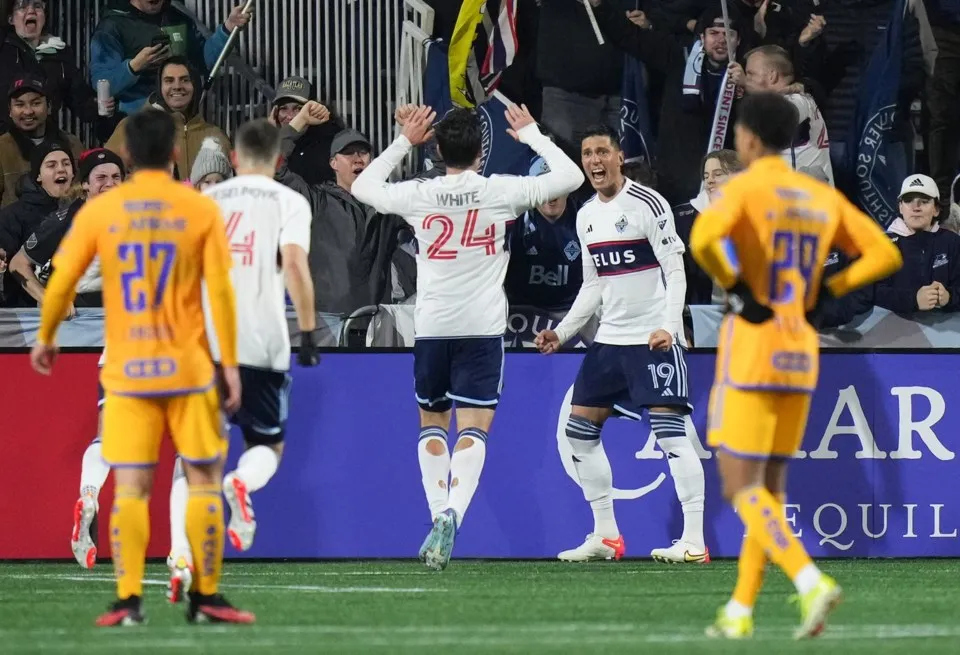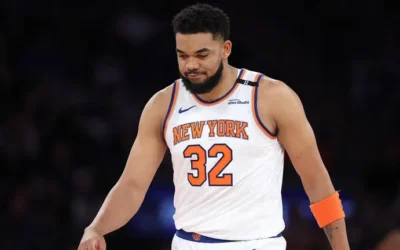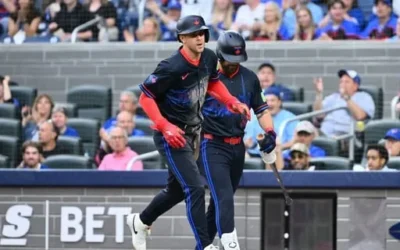The Countdown to the 2026 FIFA World Cup
The 2026 FIFA World Cup is fast approaching, with excitement palpable among fans as preparations intensify across the United States, Canada, and Mexico. Scheduled from June to July 2026, this tournament represents a historic moment in soccer, being the first time the World Cup will be hosted by three nations simultaneously. Major cities across North America are gearing up to welcome fans from every corner of the globe, but as the clock ticks down, a critical television dispute is overshadowing preparations.
The Dispute: OneSoccer vs. Rogers
Central to this brewing controversy is the ongoing dispute between OneSoccer, a Canadian soccer streaming service owned by the Turkish-based company, and Rogers Communications, one of Canada’s largest telecommunications companies. The disagreement revolves around broadcasting rights and the ability of fans to access World Cup coverage, as media rights for this event are more valuable than ever in an increasingly competitive sports media landscape.
The Context of the Dispute
As soccer continues to grow in popularity in Canada, so does the battle for broadcasting rights. OneSoccer has been attempting to secure a more significant share of the TV market, aiming to provide comprehensive coverage of soccer events, especially with the impending World Cup. However, Rogers, holding a substantial portion of Canadian broadcasting rights, has found itself at the center of a contentious decision-making process.
CRTC Involvement
The Canadian Radio-television and Telecommunications Commission (CRTC) has stepped in as a regulatory body to mediate the situation. Their role is to ensure that Canadian audiences have fair access to culturally significant events like the World Cup. However, navigating the complexities of modern digital media while respecting existing regulatory frameworks has proved to be a challenge.
Impact on Soccer Fans
This dispute is raising concerns for soccer fans across Canada, who are eager to engage with the World Cup. Many fans fear that without clear resolutions, their access to matches could be restricted or compromised. As the conflict drags on, the shadow of uncertainty looms heavily.
What Are Fans Saying?
Fan reactions are varied. Many are frustrated at the inability of broadcasters to come to a resolution, arguing that sports should be accessible not just to elite audiences but to the public at large. Some have taken to social media platforms to voice their outrage, while others are actively seeking alternative ways to watch their favorite matches, including online streaming or utilizing services beyond OneSoccer and Rogers.
What’s at Stake?
The stakes for this dispute are incredibly high, not just for OneSoccer or Rogers but for the broader landscape of sports broadcasting in Canada. The 2026 FIFA World Cup is expected to attract millions of viewers, and the ability of broadcasters to capitalize on advertising revenues can significantly affect their financial health.
Future Implications
This dispute also raises larger questions about the future of media rights and the evolution of broadcasting in the digital age. With streaming services becoming increasingly popular, traditional broadcasters like Rogers need to adapt to remain relevant. How they navigate this dispute could set critical precedents for future media negotiations around major sporting events.
The Path Forward
Looking ahead, it remains to be seen how the CRTC will decide, and how OneSoccer and Rogers will adjust their strategies following the commission’s findings. What is clear, however, is that the situation underscores the need for a more cohesive approach to broadcasting rights in Canada.
Potential Resolutions
Towards achieving a solution, stakeholders involved may consider creating joint ventures that would allow both entities to cooperate rather than confront. As part of this potential resolution, collaboration on joint promotional campaigns could maximize viewership and engagement.
International Context
On a broader scale, this situation reflects a growing trend worldwide where the competition for sports broadcasting rights is intensifying. The strategies employed by OneSoccer and Rogers are microcosms of the global battle for soccer viewership. Many countries have found themselves in similar disputes, emphasizing the importance of sports rights management and consumer access.
The Landscape Beyond Canada
As sports fans across borders evolve their viewing understandings, one thing becomes clear: sports broadcasting for expansive events like the World Cup must prioritize accessibility and fairness. With many initiatives taking shape worldwide, it will be essential for local players like OneSoccer and Rogers to take guidance from these successes to enhance viewer experiences.
Closing Thoughts
The clock is ticking toward the 2026 FIFA World Cup, and tensions mount with each passing week without a resolution. As fans prepare for the tournament, it remains crucial that broadcasters prioritize communication and cooperation to ensure that Canadian audiences can partake in what is sure to be an unforgettable experience. The resolution of the OneSoccer and Rogers dispute will be a key test of the Canadian media landscape’s ability to adapt to the changes it faces. Fans are hopeful for a timely resolution that will allow them to enjoy the World Cup without interruptions.
In a world where sports foster unity, let’s hope that broadcasting disputes can also lead to greater innovation in how we connect fans with the games they love.







